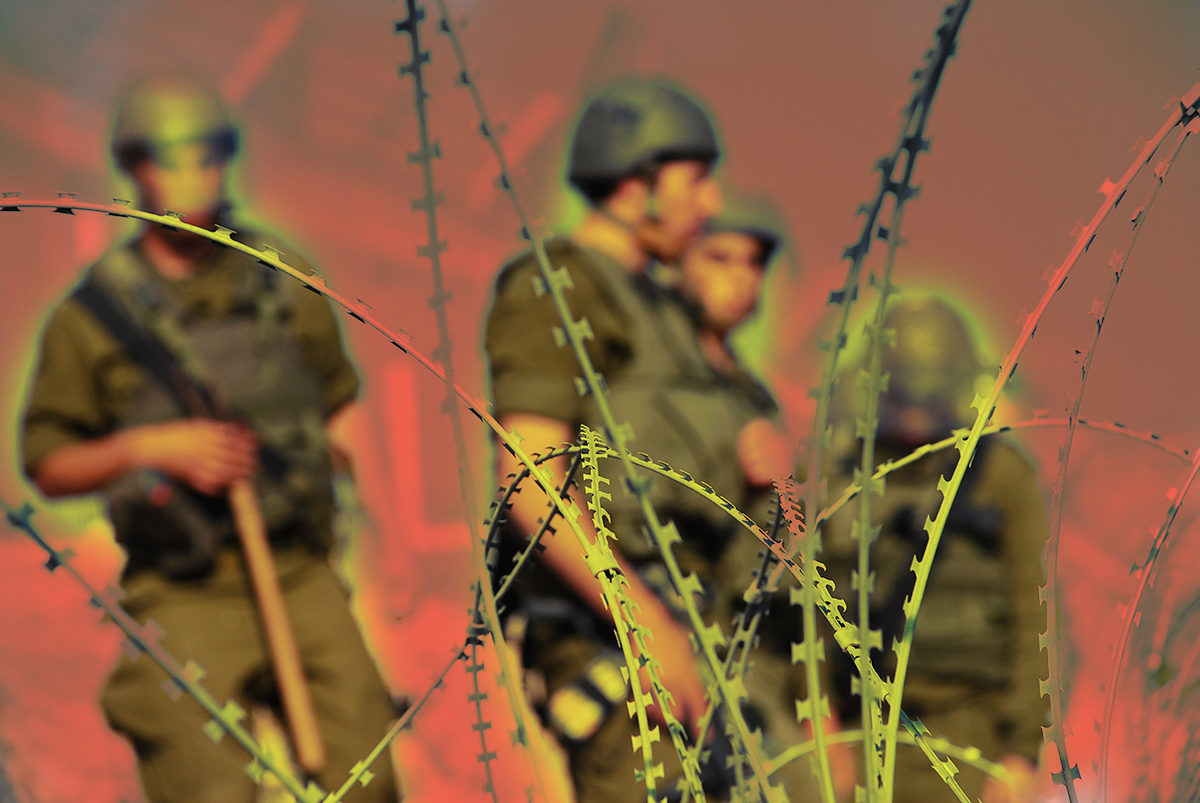Editor’s note: This article was published in 2019. Go here for updated guidance on talking to kids about the current violence in Israel.
Why is Gaza attacking Israel? Are people dying? Why doesn’t Israel have technology good enough to block all of the missiles? How did this all start in the first place?
These are just a handful of questions that we’ve heard from kids in the past few days as Israel has faced regular rocket attacks from Gaza. And just who is “we,” you ask? We are a parent and child who have teamed up to help you understand how you can talk about these and other timely questions with your own child.
Sivan, in addition to being a parent of three elementary school-age children, directs the Children’s Learning About Israel Project, a longitudinal study tracing how Jewish children in the U.S. think and feel about Israel. Ilan, in addition to being a third grader, is a curious question-asker and writer.
As a parent and child who talk regularly about complex and challenging issues in current events — including the recent Israeli elections, the Poway synagogue attack, and, now, the latest Israel-Gaza conflagration — here are our three best tips for healthy parent-child dialogue about current events in Israel:
1. Don’t try to control or hide information.
Adult’s reason: Before children learn to read, they rely on adults for most of the information that they get about the world. But by the time that kids are fluid readers — usually around second grade — they begin to piece together information from a wide variety of sources. I’ve had kids explain to me that they’ve learned about violent current events by overhearing a whispered conversation among adults, reading the ticker tape on a television newscast that was on at a restaurant, or stumbling upon it during an online search — all without the knowledge of their parents. In this digital age, when information flows freely and even young children have access to it, it is a futile endeavor to keep children protected from violent news from across the globe. Attempting to do so will only mean that kids will go to other sources — and not to you — for their information.
Kid’s reason: Not talking straight or trying to avoid a conversation with your kid triggers even greater curiosity. Kids may try to find out about something from the Internet if we don’t hear about it from you. We’d rather learn what’s happening from you because it can be in a way that is easier for us to process and understand.
2. Focus on the messaging.
Adult’s reason: While you likely can’t control the flow of information, you can control the messaging around it. When it comes to talking about the attacks on the synagogues in Poway and Pittsburgh, for example, do you want it to be a story about the danger of white supremacy and/or the resilience of the Jewish people? Do you want the story of the most deadly flare-up in the Israeli-Palestinian conflict in the last five years (an entire lifetime for a kindergartner!) to be about the safety and danger found in military might, and/or about the profound differences between Jewish life inside and outside of Israel? If you talk about these issues with your children, you get to choose what the moral of the story will be. That is the blessing and the responsibility of being a parent.
Kid’s reason: When speaking with grownups, I want to talk about values, and not just information. Information has no purpose itself, but values help make character. When we talk about current events and talk about values, it helps me learn good values as opposed to bad ones.
3. It’s OK if you don’t know all the answers. It’s still important to talk.
Adult’s reason: Unless you’re an expert on the Israeli-Palestinian conflict and an expert on child development, chances are your kids’ questions will highlight what you don’t know. Especially because they gather information from so many different sources and are left to piece together the bigger picture, kids often ask questions about technical details beyond any layperson’s grasp, as well as moral questions about the role of good and evil in the world. In order to have a meaningful conversation with your child, you don’t actually need to know the answers to all the questions. For questions that do have an answer, just one beyond your own knowledge, try saying, “I don’t know, but we could research that together.” For questions that likely don’t have any answer, try saying, “I’m not sure there is a clear answer to that question, but we could discuss it together and come up with some possibilities.” When kids ask difficult questions, they’re often asking more for a good conversation partner than a good technical answer.
Kid’s reason: I’m happy hearing about what you do know. If I ask a question that even adults don’t know the answer to, like, “Why do some people die in war while others survive?” I want adults to discuss it with me. Together we could think about why there is no known answer.
As a parent-child team, we want you to know that even if a rocket may break a house (or even, tragically, a person), talking about a rocket will not break a child. It will only strengthen the parent-child bond, as well as a child’s resilience in an uncertain world.








